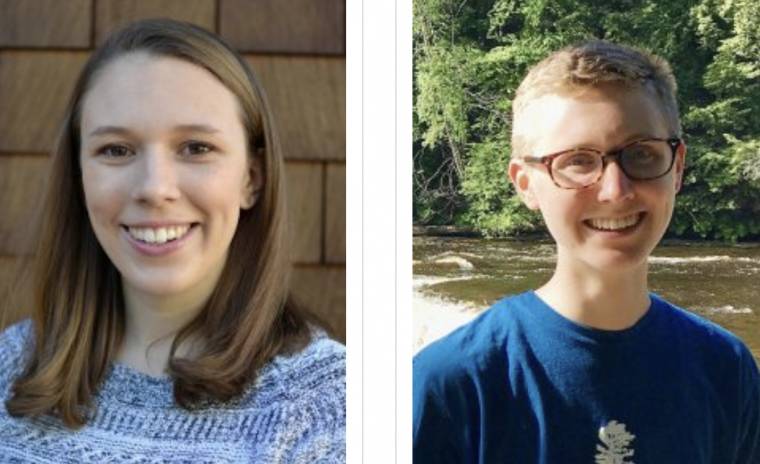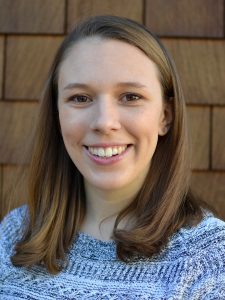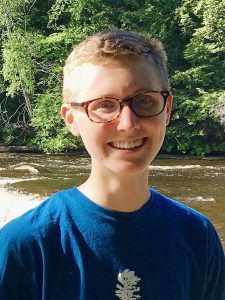Students Receive Undergraduate Research Prizes from Friends of the Wesleyan Library

Two Wesleyan students are the recipients of the Friends of the Wesleyan Library’s third annual Undergraduate Research Prize.


Emma Leuchten ’19, an anthropology and religion double major, received the first place prize for her senior essay, “Anthropology Beyond Belief: Navigating Dreams and Reality in the Burmese Weikza Tradition.” Leuchten based the paper on fieldwork she conducted in Myanmar during a semester abroad. Her advisor was Elizabeth Traube, professor of anthropology.
The essay explores quests for power and knowledge in a contemporary Burmese wizardry tradition. Drawing from personal interviews with weikza (wizard-saints), devotees, and skeptics, Leuchten examines the tensions that have arisen between this tradition and orthodox Buddhist institutions in the post-colonial religious and political landscapes of Myanmar.
“I write against the anthropological impulse to study the symbolic or cultural value of religious figures and experiences—the tendency to explain ‘what’s really going on’ beneath a spiritual event,” Leuchten said. “Beginning with the premise that what I’m studying is real, I propose that a rigorous but open exploration of alternate ontologies can work to destabilize the dominant ontological assumptions that sociocultural discourse takes for granted.”
Isaac Klimasmith ’20, a biology major, received the second place prize for his essay, “Waters in the Wilderness and Rivers in the Desert: Irrigation Myths in the History of Early Mormon Agriculture.” Klimasmith wrote this paper while taking the class ENVS 307: The Economy of Nature and Nations, taught by Paul Erickson, associate professor of history; associate professor, environmental studies.
In this paper, Klimasmith examines the Mormon settlement of Utah by tracing the history of a faith, the ecology of a region, and broader national narratives of Manifest Destiny.
“Driven by both national myths and religious narratives, early Mormon settlers used irrigated agriculture to transform the Great Basin region of Utah into an agricultural Eden,” he explains. “The record of Mormon history extends beyond the vast archives at Brigham Young University or the pages of historical accounts. It is written on the land of Utah and reflected in beliefs about the water and natural resources in the American West. As the modern residents of Utah confront diminishing rivers and aquifers, understanding the mythical structures that underlie current irrigation practices provides tools for navigating a modern ‘chaotic wilderness’ of water scarcity.”
Two other students received honorable mentions:
Aviv Rau ’19, a sociology and American studies major, wrote a paper titled “Conditionally Coed: Parenting, Policing, and Producing Womanhood at Wesleyan University, 1872–1912.” The paper was written for SOC 399G: Critical University Studies, taught by Abigail Boggs, assistant professor of sociology.
Celeste Smith ’19, an earth and environmental sciences and Science in Society Program double major, penned “Humans, Comets, and Nitrogen: Gothic Science Fiction’s Expansion into the New Millennium” for her HIST 387: History of the End course. It was taught by Courtney Fullilove, associate professor of history.
The students were honored at a prize reception May 1 in the Smith Reading Room of Olin Library.
The awards were sponsored by Stephen Darnell ’69.

